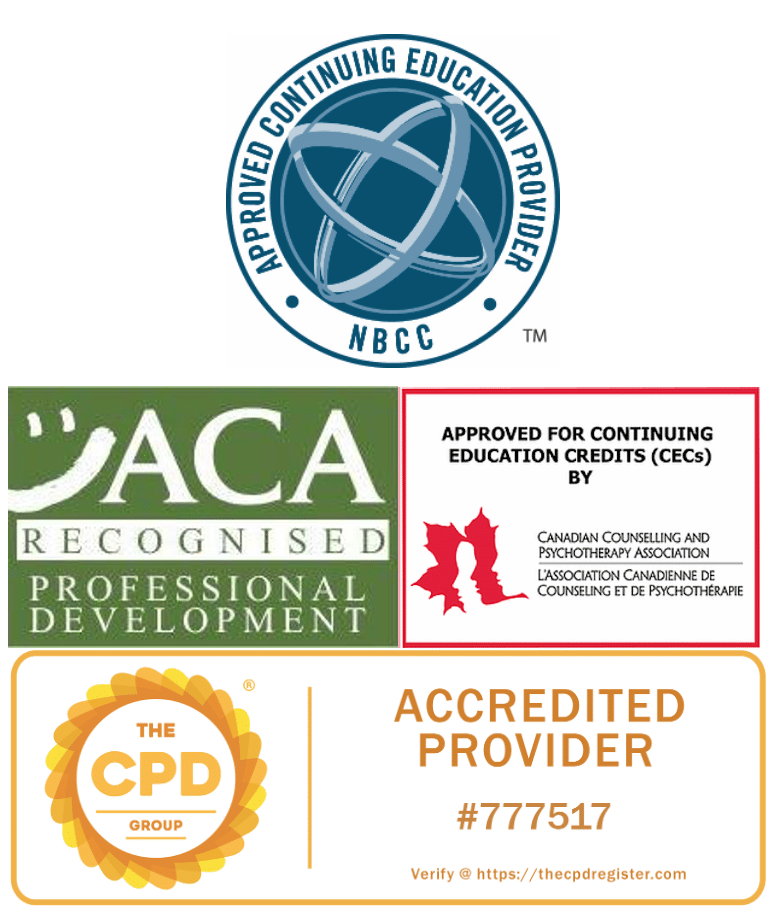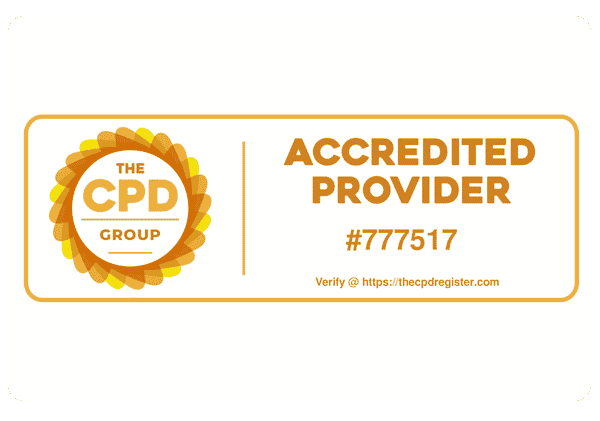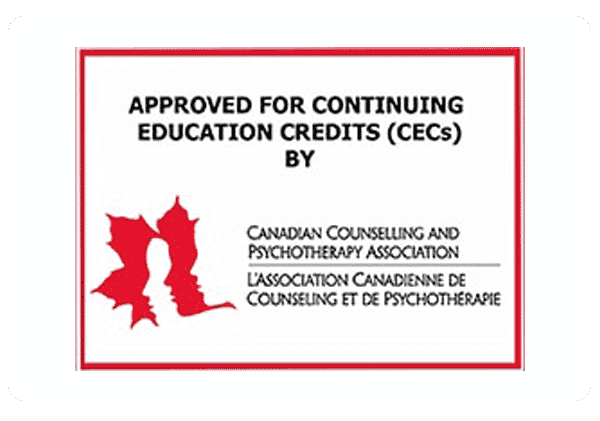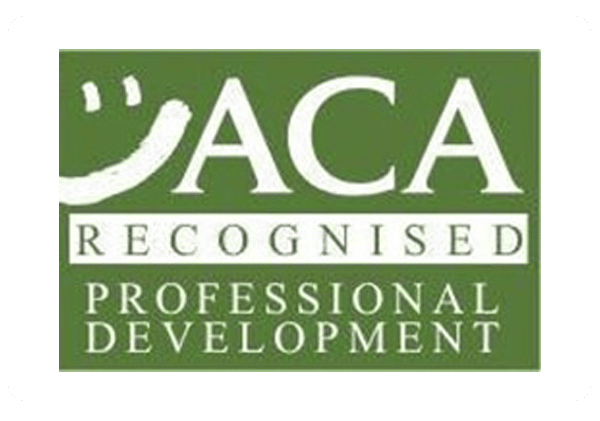Befriending The Body: The Process of Self-Compassion and Embodiment in Eating Disorder Recovery – Dr Ann Saffi Biasetti
Self-compassion is a life-giving skill during the process of recovering from an eating disorder. Current research supports self-compassion’s ability to mediate self-critical thoughts, regulate emotion as well as promote motivation; all essential skills needed to attain, and most importantly, to sustain recovery. Unfortunately, clients suffering with eating disorders often experience a great deal of resistance or “backdraft” to receiving self-compassion due to the high levels of criticism and shame that they hold, especially towards their body. As clinicians, it is imperative to learn the unique process and delivery method of self-compassion that allows our clients to not only receive but rather, embody self-compassion. Through embodiment, a bottom up approach that uses somatic interventions along with neurobiological psychoeducation, we teach self-compassion from the inside out, open to common humanity, reduce shame and self-identification, and re-connect our clients with a new self-compassionate view toward their body and self that promotes, supports and sustains healing.
TRAINING information
Self-compassion is a life-giving skill during the process of recovering from an eating disorder. Current research supports self-compassion’s ability to mediate self-critical thoughts, regulate emotion as well as promote motivation; all essential skills needed to attain, and most importantly, to sustain recovery. Unfortunately, clients suffering with eating disorders often experience a great deal of resistance or “backdraft” to receiving self-compassion due to the high levels of criticism and shame that they hold, especially towards their body. As clinicians, it is imperative to learn the unique process and delivery method of self-compassion that allows our clients to not only receive but rather, embody self-compassion. Through embodiment, a bottom up approach that uses somatic interventions along with neurobiological psychoeducation, we teach self-compassion from the inside out, open to common humanity, reduce shame and self-identification, and re-connect our clients with a new self-compassionate view toward their body and self that promotes, supports and sustains healing.
Learning Objectives
1) Describe the three components that comprise self-compassion and how they are delivered in eating disorder recovery
2) Identify the blocks to self-compassion unique to this population
3) Deliver at least two embodied interventions to work with resistance
4) Describe the autonomic nervous system and apply appropriate somatic interventions for embodied knowledge
5) Utilize the practice of body forgiveness to promote continued embodiment
About the Speaker

CPD/CE
CPD / CE / NBCC credits available: 6
How do I receive these credits?
The participant must pass the multiple-choice test with a minimum score of 80%. There is a maximum of three attempts to achieve this.
The post-test is included in the price of the training.
Does my regulatory body accept the credits?
The CPD & CE credits awarded can be used towards your declaration to any governing regulatory body in your state or country, provided the content is relevant to your discipline.
Our trainings are accredited by:
– The CPD Group, London
– Canadian Counselling and Psychotherapy Association
– Australian Counselling Association
– National Board of Certified Counselors (NBCC)







